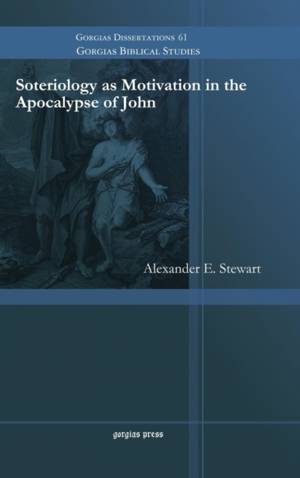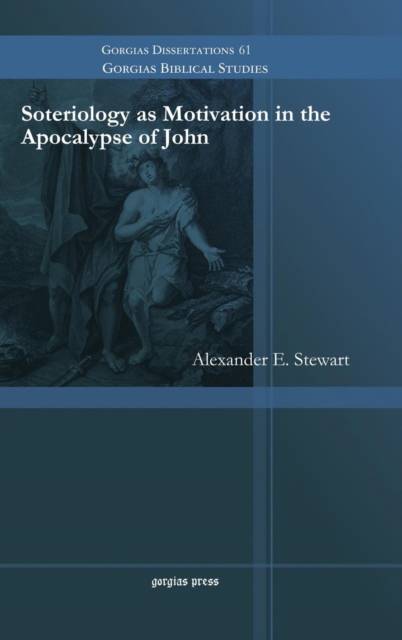
- Afhalen na 1 uur in een winkel met voorraad
- Gratis thuislevering in België vanaf € 30
- Ruim aanbod met 7 miljoen producten
- Afhalen na 1 uur in een winkel met voorraad
- Gratis thuislevering in België vanaf € 30
- Ruim aanbod met 7 miljoen producten
Zoeken
Omschrijving
John did not write the Apocalypse in order to provide a detailed time-table of events that would unfold thousands of years in the future. Instead, John wrote to affect and move his hearers at the end of the first century-to motivate them to reject idolatrous compromise with the surrounding cultural and political institutions and overcome through repentance, worship, witness, perseverance, and obedience. How does the Apocalypse of John accomplish this motivation and persuade its hearers to adopt a course of action that would put their present lives, income, and security in jeopardy? This monograph employs Stephen Toulmin's model of argumentation analysis to study John's explicit and implicit motivational argumentation and to argue that the two primary grounds for John's argumentation are soteriological. Hearers are motivated positively by the promise of future salvation and negatively by warnings of future judgment. In addition to this main claim, this monograph will (1) argue that the Apocalypse of John is a thoroughly rhetorical text; (2) highlight the centrality of logos, or logical argumentation, in John's argumentation; (3) demonstrate the general applicability of Toulmin's model of argumentation analysis to biblical texts; (4) argue that one's systematic theology of motivation or salvation must be grounded in a comprehensive analysis of the actual motivational argumentation within a text; and (5) explore some of the theological questions raised by the use of soteriology as motivation.
Specificaties
Betrokkenen
- Auteur(s):
- Uitgeverij:
Inhoud
- Aantal bladzijden:
- 288
- Taal:
- Engels
- Reeks:
Eigenschappen
- Productcode (EAN):
- 9781463204198
- Verschijningsdatum:
- 18/02/2015
- Uitvoering:
- Hardcover
- Formaat:
- Genaaid
- Afmetingen:
- 152 mm x 229 mm
- Gewicht:
- 594 g

Alleen bij Standaard Boekhandel
+ 322 punten op je klantenkaart van Standaard Boekhandel
Beoordelingen
We publiceren alleen reviews die voldoen aan de voorwaarden voor reviews. Bekijk onze voorwaarden voor reviews.











